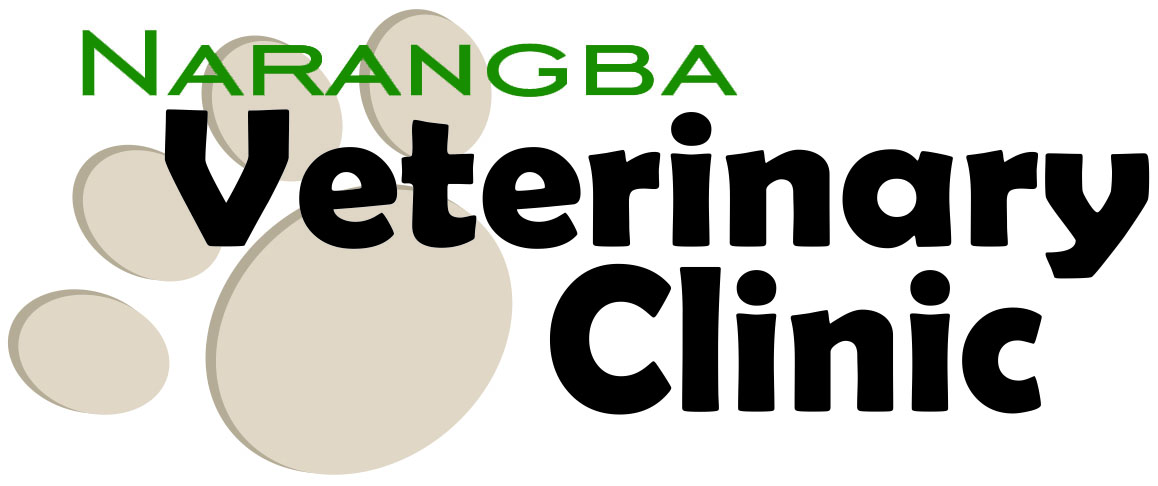Common Diseases – Dental Disease
admin2024-02-22T23:07:40+00:00Periodontal disease, or 'dental' disease, is a very common problem we deal with in Veterinary practice. If left untreated, it can lead to debilitating pain or discomfort, and even go so far as to impact the health of internal organs such as the heart, liver and kidneys. However, in most cases dental disease can
